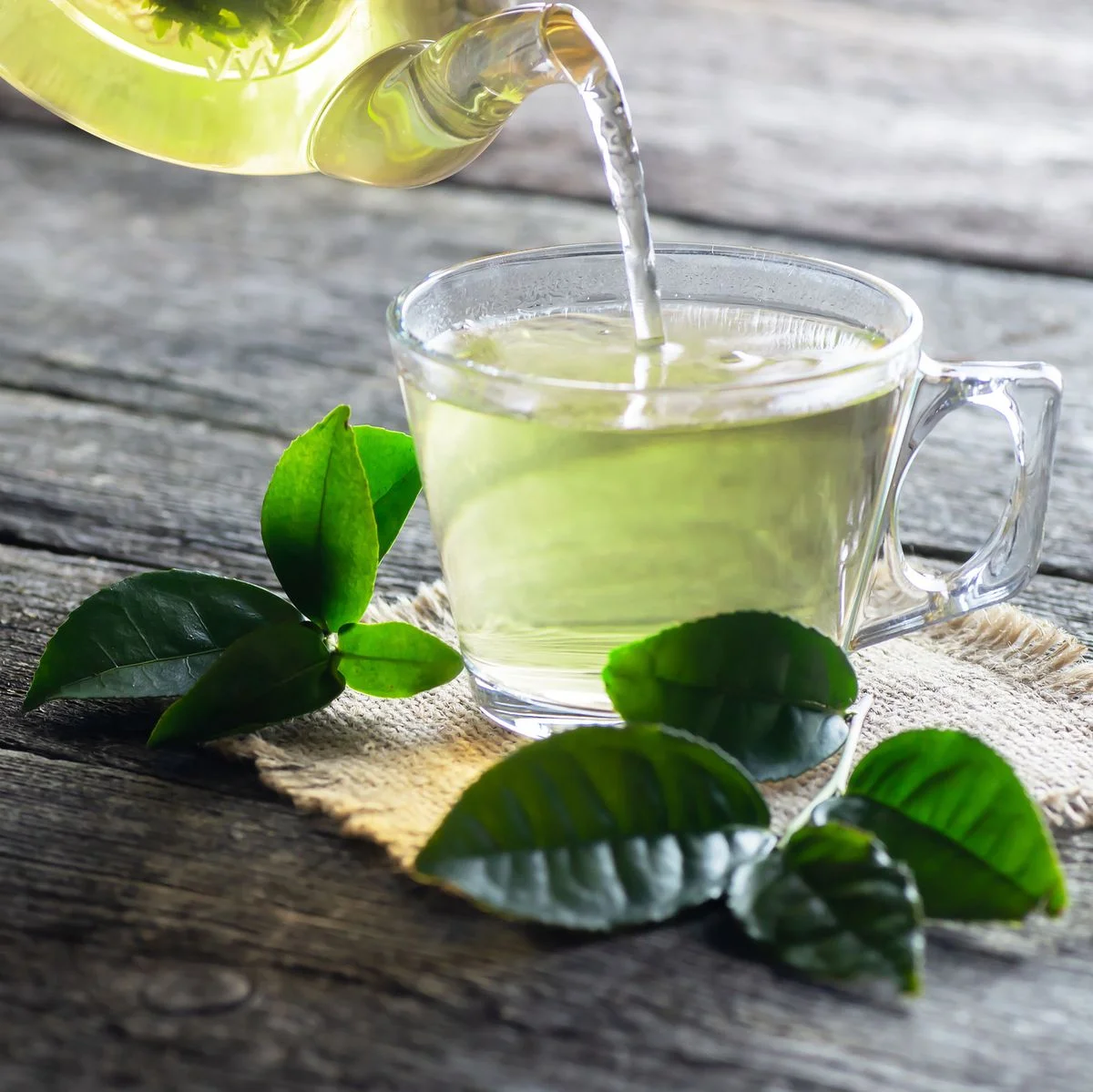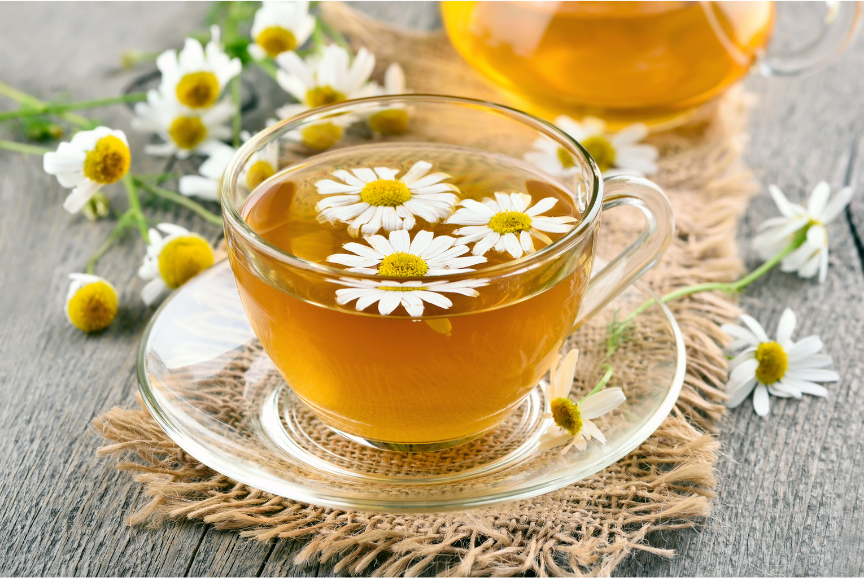Antioxidant rich

Tea that we know today has antioxidant properties. It helps boost the immune system, health, and brain and flush out harmful bacteria from the gut. Shen Nung first discovered tea as an antidote. In a few years, the popularity and adoption of tea expanded from China to the world. However, the adoption was only with modification and change in processing, which altered the true benefits of the tea but its true property of being anti-oxidant stayed intact.
Green tea is an antioxidant drink that helps keep your immunity in check and promotes good health. But there is more to it than just a kiss of health. There are more than 15 types of green teas, and they all vary depending on the climate they are cultivated. All the types of green tea are rich in anti-oxidant. A high concentration of antioxidants in green tea has been found effective in preventing osteoporosis, lower blood pressure, and support weight loss.




Known for its delicate flavor and subtle aroma, white tea is harvested from young tea leaves and buds. It undergoes minimal processing, allowing it to retain a high concentration of antioxidants. White tea is rich in polyphenols, which have been associated with numerous health benefits, including improved cardiovascular health, enhanced skin health, and potential anti-aging effects.

Black tea contains high levels of antioxidants that keep free radicals in check. Free radicals can cause heart inflammation. Black tea contains polyphones – a type of antioxidant that plays a crucial role in preventing chronic ailments, including cancer. Black tea contains the aflavins – one group of polyphones that no other tea contains.

Chamomile tea is made from dried chamomile flowers. The flower has been used as an herb for centuries, especially in Rome, Greece, and Egypt. It has a floral taste and can have a calming effect when had with honey. The calming effect of chamomile tea helps reduce anxiety and improve sleep quality. The antioxidant properties of Chamomile tea has shown to be effective in treating the symptoms of cancer treatments. For instance, it may help ease nausea after the chemotherapy. But, patients should consult their doctors before trying the herbal tea.

Various studies have found spearmint tea effective in treating all types of stomach-related problems, from bloating to reducing inflammation. Patients with IBS or irritable bowel syndrome are the most benefited from the tea because of its calming effect. Spearmint has properties of anti-oxidant and menthol that refresh the senses and rejuvenate the body. Some studies have also found that spearmint tea stimulates the GABA receptors in the brain that help prevent stress. If bad breath is something that has been troubling you for a long switching to spearmint tea, you can keep your breath fresh forever.
Antioxidant helps control free radicals and protect you from various diseases. The anti-oxidant properties of tea helps boost the immune system, health, and brain and flush out harmful bacteria from the gut. Antioxidant also plays a crucial role in preventing chronic ailments, including cancer. Anyone can have tea but it should be kept in mind that tea contains the highest level of caffeine. Having too much caffeine can affect your sleep and may make you restless. Overall, you should have about 400 milligrams of caffeine throughout the day. That means having to limit your tea to two cups is the best thing you can do.